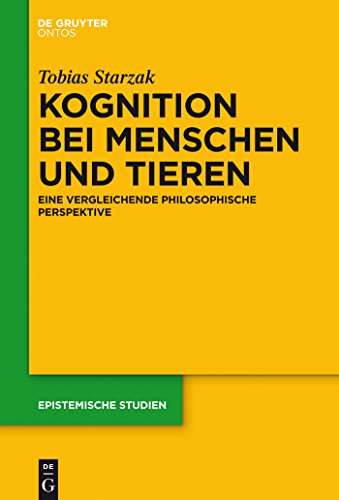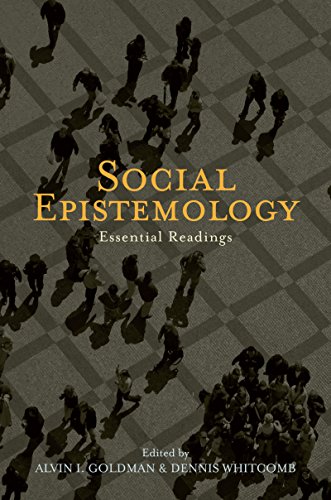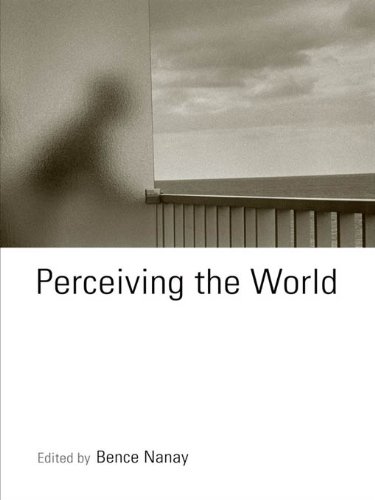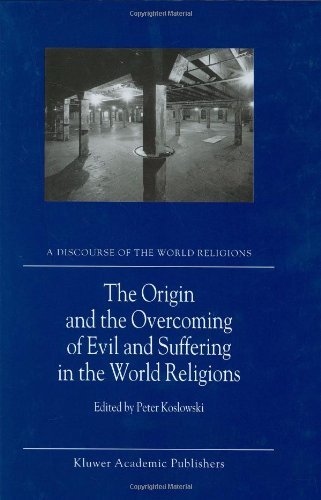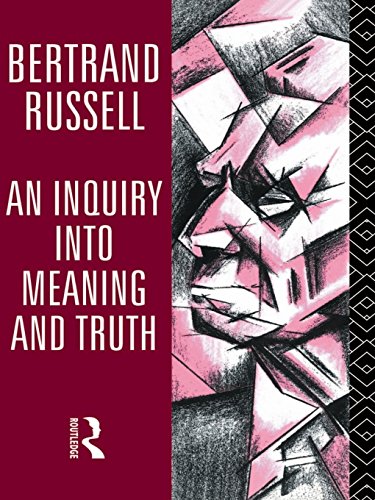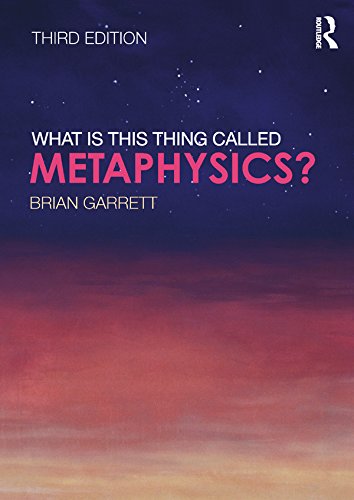
By Brian Garrett
How did our universe turn out to be? Does God exist? Does time ?ow? What are we? will we have loose will? what's fact? Metaphysics is anxious with the character of ourselves and the area round us. This transparent and available advent covers the principal subject matters in metaphysics in a concise yet complete approach. Brian Garrett discusses the the most important techniques and arguments of metaphysics in a hugely readable demeanour. He addresses the next key components of metaphysics:
• God
• lifestyles
• Modality
• Universals and details
• proof
• Causation
• Time
• Puzzles of fabric structure
• unfastened will & determinism
• Fatalism
• own id
• fact
This 3rd version has been completely revised. such a lot chapters comprise new and up-to-date fabric, and there at the moment are chapters dedicated to assaults on unfastened will and fatalism.
What is that this factor known as Metaphysics?
comprises many useful student-friendly good points, similar to a word list of significant phrases, research questions, annotated additional analyzing, and a consultant to net assets. textual content packing containers offer bite-sized summaries of key thoughts and significant philosophers, and transparent and engaging examples are used throughout.
